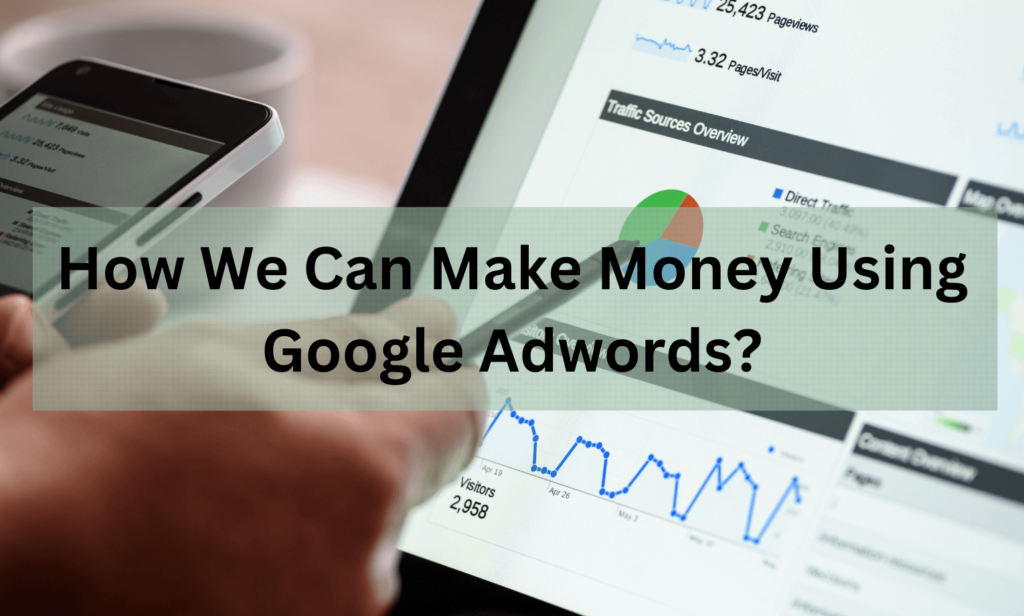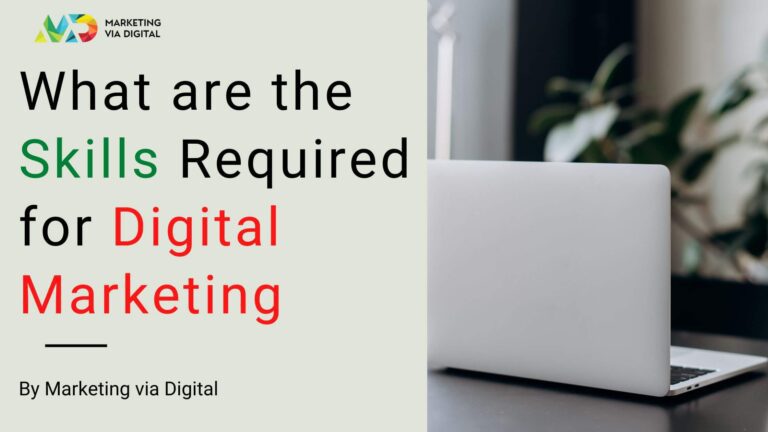If you’ve just launched a website or are planning to build one, you’ve probably come across the term SSL certificate for a website. And if you’re unsure about what it really means or whether you actually need it, you’re not alone.
This guide clears up all the confusion, no tech talk, just straight, honest answers to the most common questions business owners ask about SSL.
Let’s break it down together.
What is an SSL certificate?
SSL stands for Secure Sockets Layer. In simple terms, it’s a security layer that keeps your website visitors safe when they visit or interact with your site.
Once you install an SSL certificate, your website URL changes from http to https, and a small padlock appears in the browser bar. That padlock tells people, “Hey, this website is secure.”
It’s like putting a security guard at the door of your website. People feel safer when they see it.
Is SSL mandatory for websites?
No, it’s not a legal requirement. But in today’s world, it’s almost expected.
So when people ask, is SSL mandatory for website success? The answer is yes, if you want your site to be taken seriously.
Without it:
- Your site will show a “Not Secure” warning in browsers like Chrome
- Visitors may leave before they even see your content
- You might have trouble ranking on Google
- You won’t be able to accept secure payments or protect user data
Even if you’re not running an online store, SSL is still important for trust and credibility.
Why does SSL matter if I’m not selling anything?
Even if your website is just a blog or a portfolio, chances are you have a contact form, a comment box, or an email subscription feature. That means your visitors are sharing their information with you whether it’s a name, email, or message.
That’s why SSL is important for websites of all kinds. It keeps that data private and safe from hackers.
Plus, it gives your visitors peace of mind. When they see the padlock and https, they’re more likely to stay on your site and interact with your content.
Will SSL help my website rank on Google?
Yes, it can.
Google uses security as one of its ranking signals. That means a website with SSL has a better chance of ranking higher than one without it especially if the content and other basics are similar.
So, if you’re working on improving your visibility online, one of the benefits of SSL for SEO is that it helps you earn more trust in the eyes of search engines too.
It won’t shoot you to the top overnight, but it’s one of those small steps that add up.
Can I still launch my website without SSL?
Yes, you can launch your site without SSL. But it’s not the best idea.
When people visit a site that shows “Not Secure” in the browser, many of them leave instantly. It’s a trust killer.
Even worse, if you’re planning to run ads, sell products, or collect leads, most platforms will require your site to be secure.
If you’re serious about your website, it’s worth doing things right from the start.
What kind of SSL certificate do I need?
For most small to medium websites, a basic SSL is enough. It secures your domain and shows the padlock.
But if you have multiple subdomains or run an e-commerce business, you might want to look into:
- Wildcard SSL (for subdomains)
- Organization Validation (OV) SSL (shows your business info)
- Extended Validation (EV) SSL (adds your company name to the browser)
Not sure what’s best for you? That’s where we come in more on that below.
Is SSL hard to set up?
Not at all.
Most hosting providers now make it easy to install SSL with just a few clicks. If you’re using a platform like WordPress, many themes and plugins support it automatically once installed.
And if you work with a team like Marketing Via Digital, you don’t even have to think about it. We’ll take care of everything, from activation to testing.
How much does an SSL certificate cost?
It depends on what type you need and where you get it from.
- Free options like Let’s Encrypt are perfect for basic websites
- Paid SSL certificates with extra validation start from ₹1,000 per year and can go higher depending on features
Many hosting plans now come with free SSL built-in. If you’re building your site from scratch, make sure to check if SSL is included.
At Marketing Via Digital, we include SSL with most of our website packages. No hidden charges, no last-minute surprises.
Can I add SSL later?
Yes, you can.
If your site is already live without SSL, don’t panic. You can still install it later. Just keep in mind you’ll need to:
- Set up redirects from http to https
- Update your site links
- Re-index your secure version in Google Search Console
It’s totally doable and definitely worth the effort.
Let’s Get Your Website Secured and Ready
Installing an SSL certificate for website safety isn’t just a technical task, it’s about building trust, improving visibility, and giving your visitors a secure experience.
If you’re building your site or revamping an old one, this step shouldn’t be skipped.
At Marketing Via Digital, we help businesses set up secure, reliable websites that not only look great but work smoothly and safely for every visitor. Whether you need help choosing the right SSL or want us to manage everything for you, we’re here to make it easy.
Call us at +91 9818 62 9898
Visit our website and talk to a real person about what you need
Let’s build a secure website your visitors can trust from day one.
FAQs
Q1: Do all websites need SSL?
Yes. Whether you’re running a store, blog, or company profile, SSL makes your site look professional and secure.
Q2: Will SSL slow down my site?
No. In fact, some SSL-enabled websites using HTTP/2 actually load faster.
Q3: What happens if I don’t renew my SSL?
Your site will start showing warning messages, and visitors may stop trusting your website. Always renew on time.
Q4: Can I get SSL for free?
Yes. Some providers offer free certificates. But for business websites, a paid SSL can offer better support and features.
Q5: Will SSL alone protect my website?
It protects data in transit, but it’s not a full security solution. You still need strong passwords, updates, and basic site security measures.









